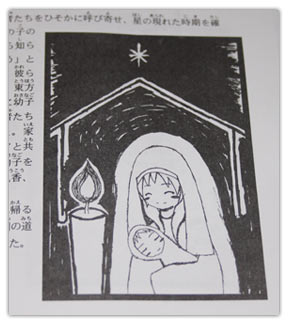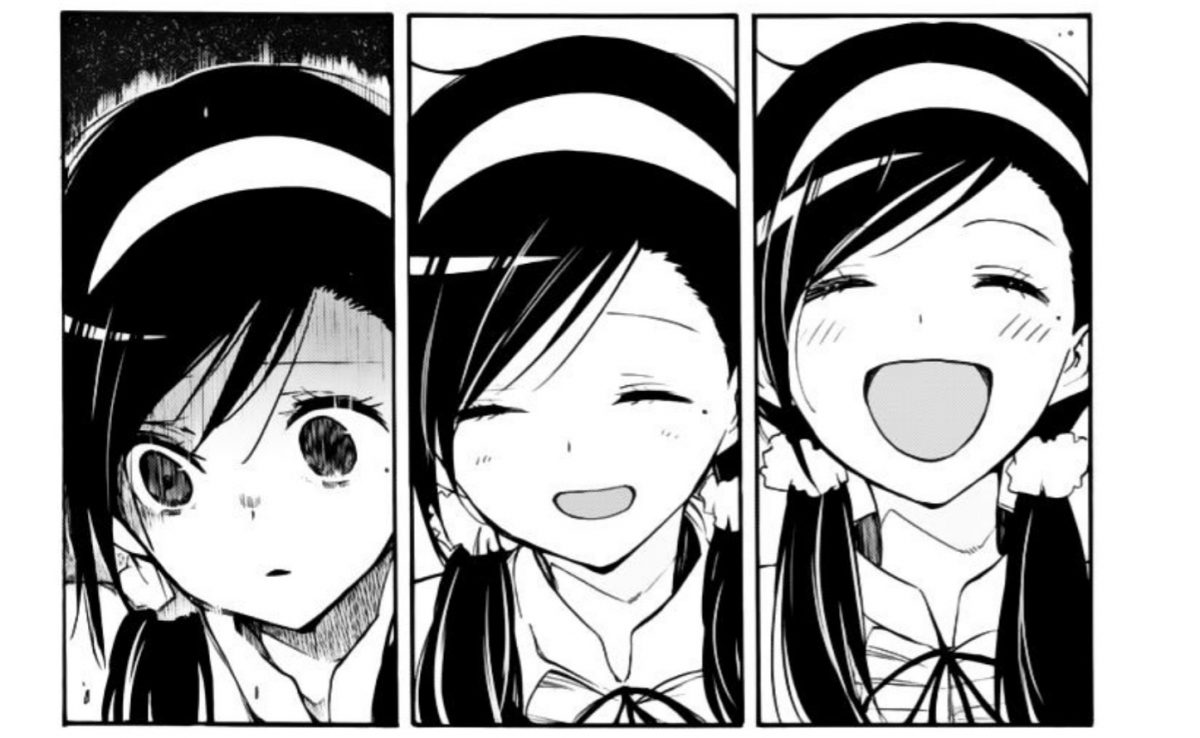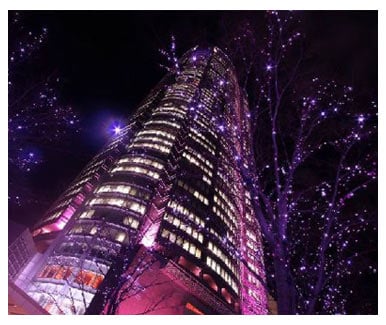Manga are the famous Japanese comics that have come to define Japan around the world. Literally meaning “whimsical pictures,” the word manga was coined in 1811 by Hokusai, the ukiyoe artist who brought us the famous “36 Views of Fuji” paintings you’ve probably seen. People of all ages read manga comics in Japan, from the very young to full-fledged members of society, and every Sunday dozens of customers come by the rural liquor shop my wife’s family runs to get the new issue of Shonen Jump — even successful businessmen driving BMWs. Manga isn’t just a fun thing to read for leisure: in no small way, it forms the basis for Japan’s wider popular culture. Obviously many anime series start out as manga, like A Certain Magical Index or Azumanga Daioh, but it’s not uncommon for mainstream dramas or feature films to be based on manga stories, as well. Some examples are the currently running Liar Game, a drama about a mysterious game in which players are each given 100 million yen and told to try to steal as much money from each other as they can, and Jin, the tale of a modern doctor who “time-slips” back 150 years into the Edo Period.

Manga is everyehwere in Japan — here’s a cute image from a songbook at my daughter’s Christmas pageant.















